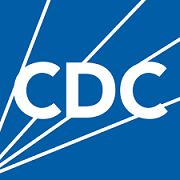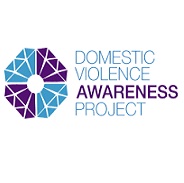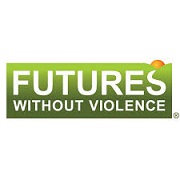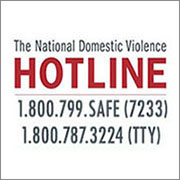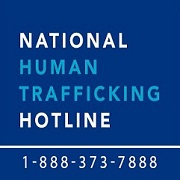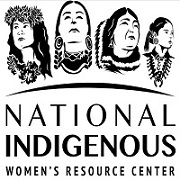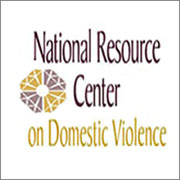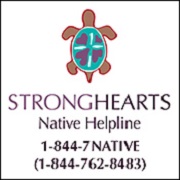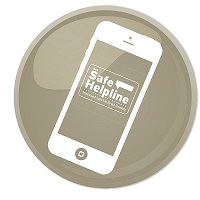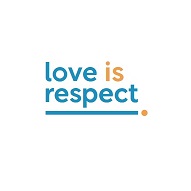Resources
Domestic Violence Prevention
The Centers for Disease Control and Prevention's Violence Prevention topic pages, part of the CDC's commitment to end violence where it begins, addresses violence occurring among all populations, including intimate partner violence, child maltreatment, and elder abuse.
Office on Violence Against Women (OVW) , part of the U.S. Department of Justice, provides federal leadership in reducing violence against women and administering justice for and strengthening services to victims of domestic violence, dating violence, sexual assault, and stalking.
The Domestic Violence Awareness Project (DVAP) supports and promotes national, tribal, territorial, state, and local advocacy networks in their ongoing efforts to support the rights of all individuals, especially women and girls, to live in peace and dignity.
The National Health Resource Center on Domestic Violence (415-678-5500) supports health care practitioners, administrators and systems, domestic violence experts, survivors, and policy makers at all levels as they improve health care’s response to domestic violence. For information specific to Indian Health, please visit the Futures without Violence website .
The National Domestic Violence Hotline provides essential tools and support from highly-trained, expert advocates to offer free, confidential, and compassionate support, crisis intervention information, education, and referral services 24 hours a day, seven days a week, 365 days a year to help survivors of domestic violence so they can live their lives free of abuse.
The National Human Trafficking Hotline connects victims and survivors of sex and labor trafficking with services and supports to get help and stay safe. The free phone, text, and live online chat function are available 24 hours a day, 7 days a week, 365 days a year.
The National Indigenous Women’s Resource Center, Inc. (NIWRC) (855-649-7299) is a Native nonprofit organization created to addressing domestic violence and safety for indigenous women. NIWRC works to enhance the capacity of American Indian and Alaska Native tribes, Native Hawaiians, and Tribal and Native Hawaiian organizations to respond to domestic violence.
The National Resource Center on Domestic Violence (NRCDV) (800-537-2238) provides a wide range of free, comprehensive and individualized technical assistance, training and resource materials. The scope of NRCDV’s technical assistance is broad and includes domestic violence intervention and prevention, community education and organizing, public policy and systems advocacy, and funding. The NRCDV's VAWnet site is a comprehensive and easily accessible online collection of full-text, searchable materials and resources on domestic violence, sexual violence and related issues.
StrongHearts Native Helpline is a 24/7 safe, confidential, and anonymous domestic, dating and sexual violence helpline for American Indians and Alaska Natives, offering culturally-appropriate support and advocacy.
RAINN , (Rape, Abuse, and Incest National Network) the nation's largest anti-sexual violence organization, helps survivors recover through the National Sexual Assault Hotline (1-800-656-4673) and the Department of Defense (DoD) Safe Helpline , (877-995-5247).
Department of Defense (DoD) Safe Helpline , (877-995-5247), the sole hotline for members of the DoD community affected by sexual assault. Safe Helpline is a completely anonymous, confidential, 24/7, specialized service—providing help and information anytime, anywhere.
Love is respect offers 24/7 access to resources and support specifically aimed at teen and young adult relationships. The peer-advocate-staffed Dating Abuse Hotline, 1-866-331-9474, connects those in dating abuse relationships, as well as concerned friends, siblings, parents, and others with an advocate trained to offer education, support and advocacy.
The Rapid Re-Housing Toolkit , from the National Alliance to End Homelessness, provides resources communities can use to provide rapid re-housing for domestic violence survivors.
The National Network to End Domestic Violence Transitional Housing Toolkit is meant to provide transitional housing providers with easy access to information and resources to enhance services to survivors.
The National Center on Domestic Violence, Trauma and Mental Health produces a variety of materials for domestic violence advocates, mental health and substance abuse providers, legal professionals, and policymakers, including a toolkit .


